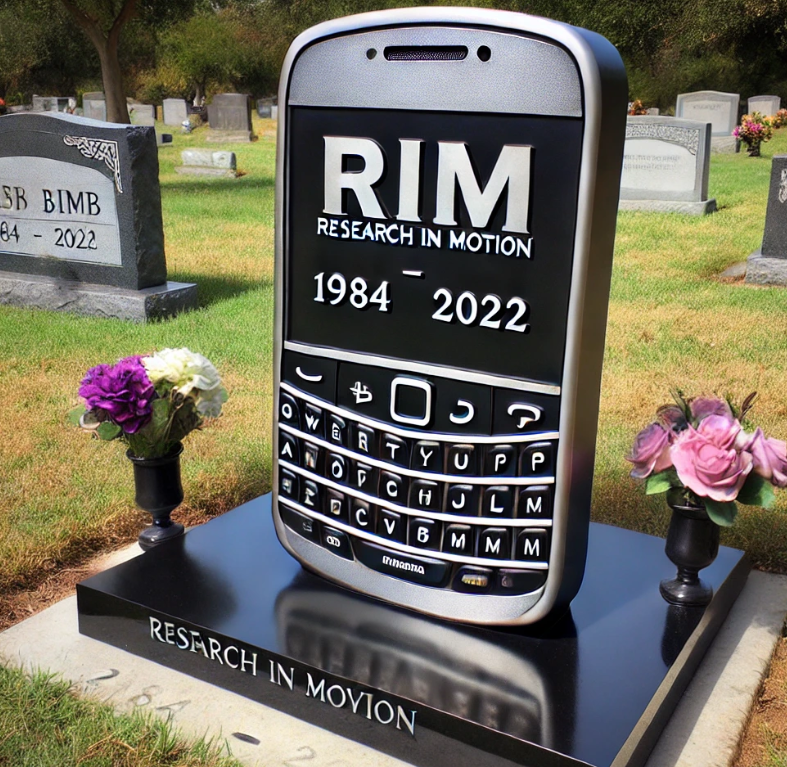The Honorable Brandon Johnson
Mayor of Chicago
City Hall, Room 507
121 N LaSalle St
Chicago, IL 60602
Dear Mayor Johnson,
I hope this letter finds you in good health and high spirits as you continue your work for the City of Chicago. I am writing to express my concerns regarding the creation of a Vice Mayor position at an annual salary of $400,000. While I understand the importance of delegating responsibilities in a city as dynamic and complex as Chicago, this move raises significant questions about priorities, fiscal responsibility and the philosophy underpinning public service.
Public officials historically served in voluntary or minimally compensated roles, motivated by a commitment to the common good rather than financial reward. This principle was central to the foundation of public service in America. For example, early U.S. mayors, such as those in Boston and New York in the late 18th and early 19th centuries, often served as volunteers or received small stipends for their work. These roles were primarily seen as acts of civic duty, ensuring that leadership was accessible to individuals across all social and economic classes.
The transition to paid public office was designed to ensure equal opportunity, allowing capable individuals without independent wealth to serve. However, these salaries were meant to cover reasonable living expenses, not to enrich individuals holding office. For example:
- Early Colonial Practices: During the colonial period, local government positions, including mayoral roles, were unpaid or compensated with modest fees to cover expenses.
- Jeffersonian Ideals: The founding fathers, such as Thomas Jefferson, emphasized the concept of public service as a duty, not a career. Jefferson himself served as Governor of Virginia without excessive pay, believing public office should remain a calling, not a commercial venture.
- Modern Context: Cities like Chicago initially modeled mayoral roles as opportunities for civic leadership. Until the mid-20th century, salaries for such roles remained modest, reflecting their origins in volunteerism and civic responsibility.
The proposed $400,000 salary for a Vice Mayor position far exceeds what many Chicagoans will earn in a decade. This disconnect between public officeholders and the residents they serve undermines public trust and raises concerns about misplaced priorities. Chicagoans are facing challenges such as rising costs of living, public safety concerns and housing shortages—issues that demand thoughtful allocation of public resources.
Rather than creating a position with an excessive salary, these funds could be redirected to initiatives that offer tangible benefits to Chicagoans, such as housing programs, community safety efforts or educational improvements.
I urge you to reconsider the necessity of this position or adjust its compensation to align with the foundational values of public service. Leadership should reflect shared sacrifice, responsibility and accountability to the people it serves.
Thank you for your attention to this matter. I appreciate your service to our great city and look forward to your response.
Sincerely,
Jason P
![]()





